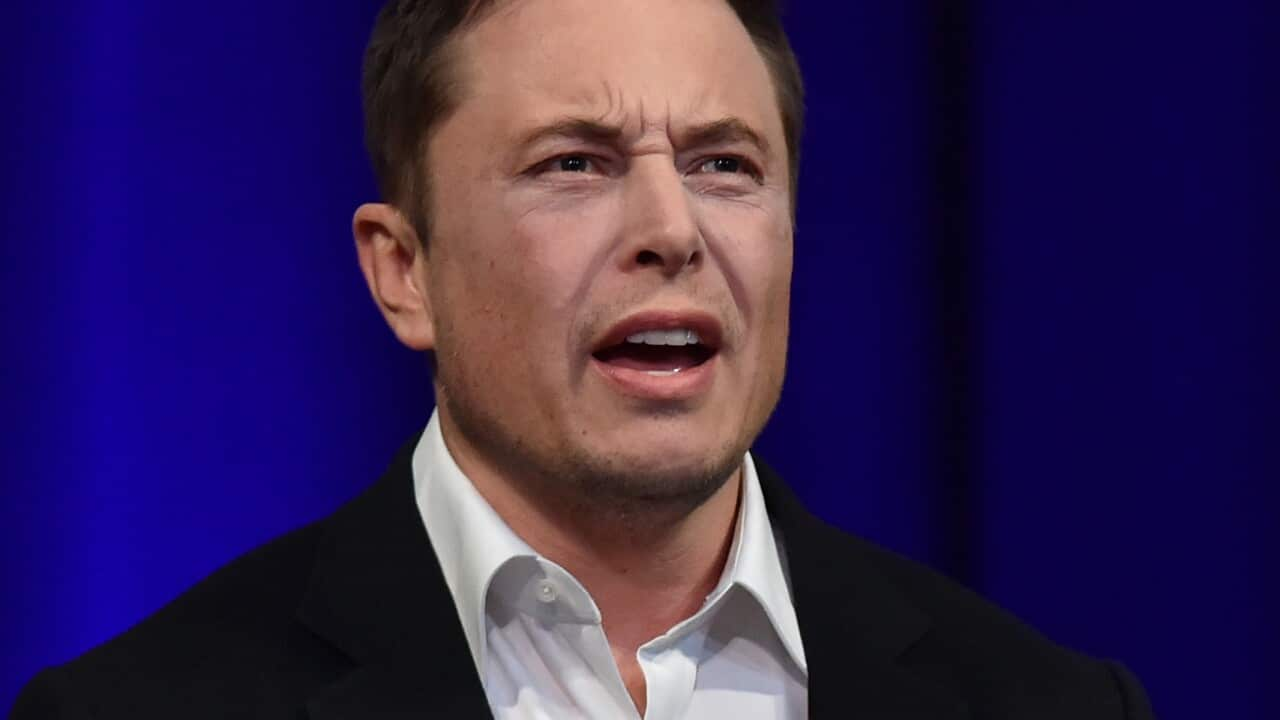Elon Musk on Sunday tweeted a link to an article pushing an unfounded anti-LGBTIQ+ conspiracy theory , the husband of US House Speaker, Nancy Pelosi.
In the tweet, which was deleted hours after posting, Mr Musk linked to a far-right website with a history of publishing false information, amid concerns about what Twitter might look like under his leadership.
"There is a tiny possibility there might be more to this story than meets the eye," Mr Musk wrote, responding to 2016 Democratic presidential nominee Hillary Clinton, who had tweeted about the suspect accused of attacking Mr Pelosi on Friday with a hammer in his house.
Her tweet had criticised Republicans for generally spreading “hate and deranged conspiracy theories” and called it "shocking, but not surprising, that violence is the result.”
Mr Musk's post further stoked worry about misinformation and harassment running more freely on the social media site following the billionaire's takeover on 27 October.
The billionaire entrepreneur, a self-proclaimed "free-speech absolutist"— has on many occasions said what he sees as the platform's over-zealous content moderation.
After taking control of the platform on Thursday, paying $70 billion for the acquisition, he changed his Twitter bio to "Chief Twit" and proclaimed that "the bird is freed".
It didn't take long for things to change on the platform. In the 12 hours after finalising the deal, the use of the n-word on Twitter increased 500 per cent according to The Network Contagion Research Institute (NCRI), an independent research group that analyses social media content to predict emerging threats.
"Evidence suggests that bad actors are trying to test the limits on . Several posts on 4chan encourage users to amplify derogatory slurs," the NCRI said in a tweet.
Shortly after, NBA star LeBron James responded to the finding, calling it “scary," and added that he hoped Musk was taking it seriously.
"So many damn unfit people saying hate speech is free speech," James said on Twitter.
Mr Musk had initially bought a nine-per-cent stake in Twitter in April, before a tumultuous journey to acquire it all, citing the preservation of free speech as part of his mission.
As questions continue to swirl, including whether previously banned accounts will be reinstated, Mr Musk allayed some concerns by tweeting that a "content moderation council with widely diverse viewpoints" will be created to guide the future of Twitter.
"No major content decisions or account reinstatements will happen before that council convenes," he added.
The entrepreneur had previously said he was more in favour of "time-outs" as opposed to permanent bans, meaning users who had been removed for breaching community guidelines may be allowed to return.
Asked in April how Twitter should decide whether a certain tweet crosses the line between legitimate free speech and harmful content that needs taking down, he said: "if in doubt, let it exist" before he walked this statement back after his purchase, announcing the council.
In one of his most recent tweets, Mr Musk said that: “By ‘free speech,’ I simply mean that which matches the law. I am against censorship that goes far beyond the law. If people want less free speech, they will ask government to pass laws to that effect.”
Mr Musk appeared to poke fun at the agitation around his vision for the platform, tweeting: "Comedy is now legal on Twitter," and "Finally, the truth that carbs are amazing can be said on this platform! #FreeSpeech" two days after his takeover.










